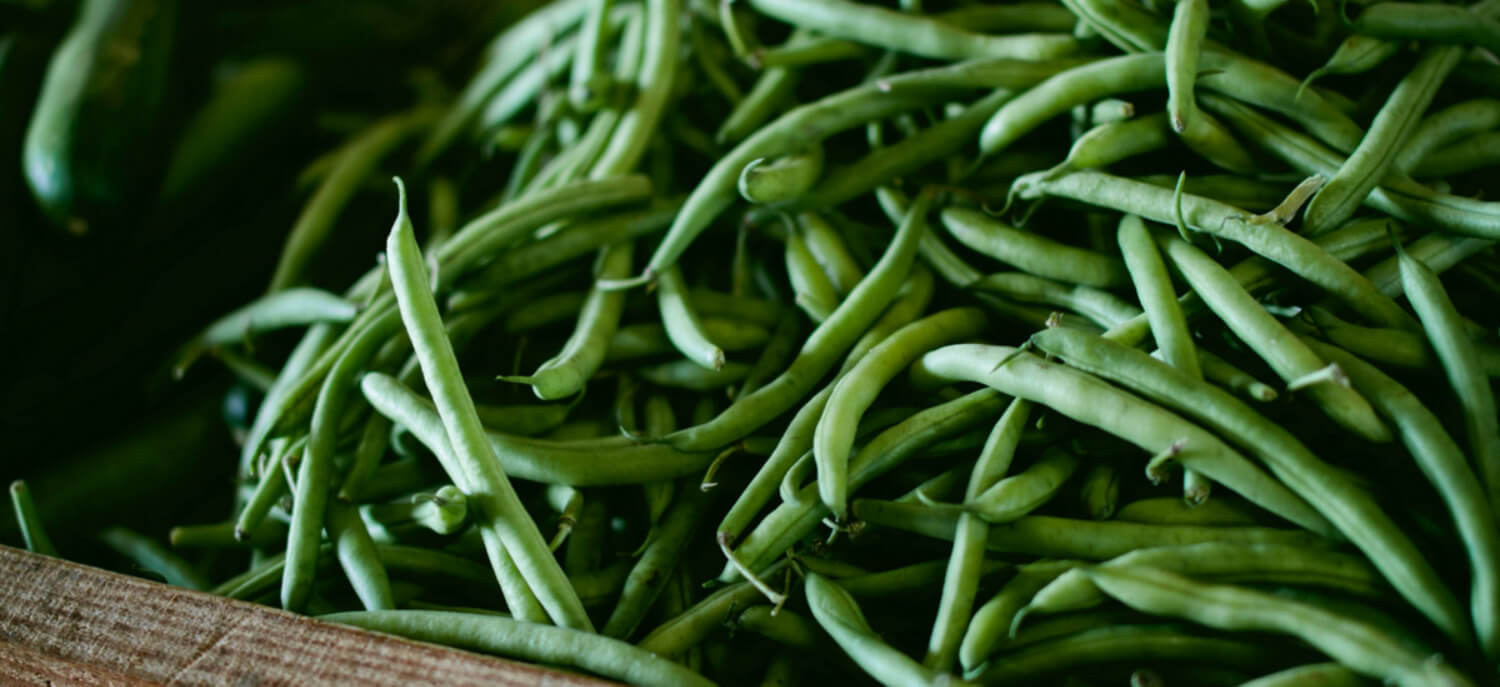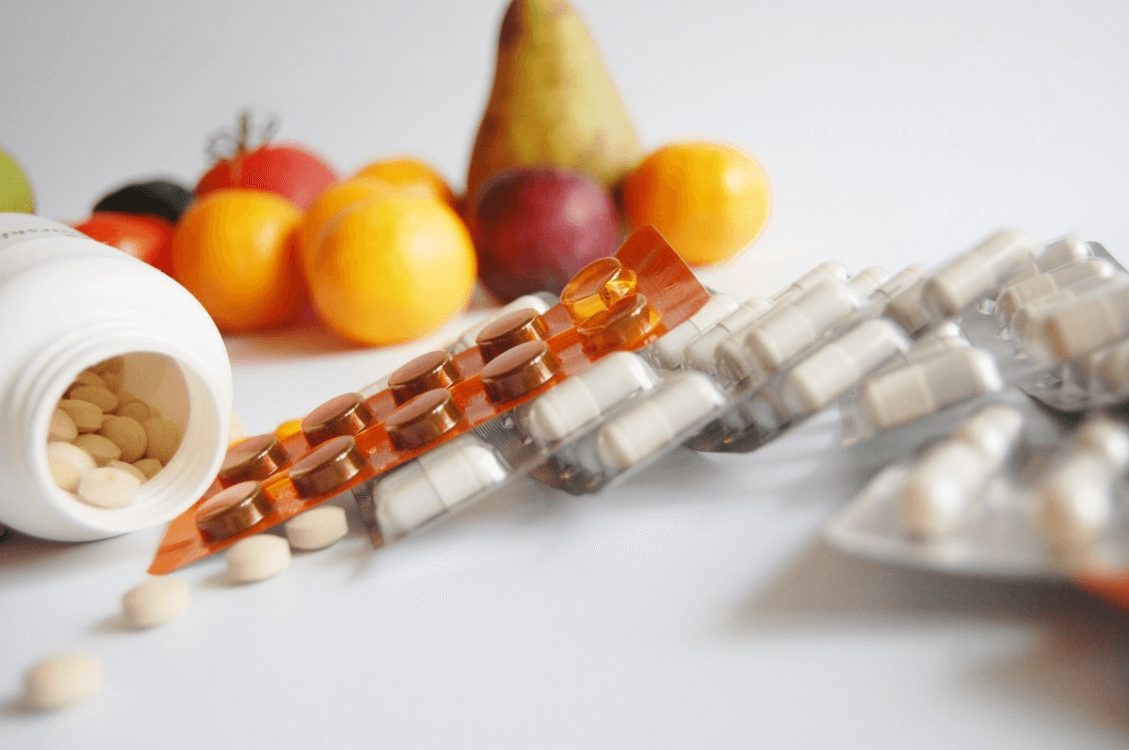Perfect Proteins for Vegan Moms
Scientists and animal-lovers agree: the healthiest diet for humans is a plant-based diet. Diets based on fresh, whole ingredients taste good and are good for us. And in a world where too many processed foods are “foodlike substances”, who can argue with that win-win?
There are as many whole-foods, plant-based diets as there are appetites. But all of them feature whole, minimally processed foods; limit (or in the case of vegan, avoid) animal products, and exclude or minimize refined foods, such as highly processed flours and oils.
Vegetarian diets contain fruits, vegetables, grains, legumes, nuts, and seeds. In a vegetarian diet, dairy and eggs can be included. Vegans, on the other hand, rely solely on plant-based protein. They consume no animal products, including dairy, meats, poultry, seafood, eggs and honey.
How much protein do vegan moms need?
Protein is a critical part of our diet. Because our bodies can’t store it, protein must be eaten daily. Protein is made up amino acids and is essential in building tissues, muscles, bones, cartilage, blood, skin, hair, nails, enzymes, and hormones. Whew! That’s a lot.
So how much protein do we need? On average, international guidelines recommend around 45g of protein per day for women and 55g for men.
Vegan moms need to know protein is especially important for pregnant women. Those amino acids are building your baby’s body too. Protein is especially critical in the second and third trimesters, when your baby is growing the fastest. Protein needs for pregnant women range from 40g to 70g per day, depending on how much you weigh.
Of the 20 amino acids that make up protein, some are “essential”, meaning they can only be supplied via diet. High quality protein (protein with high biological value) contains all 20 amino acids in a proportion similar to that required by humans. When different plant proteins are eaten together (such as a cereal grain and a legume) it creates a high quality protein.
Diets higher in protein work are equally important after birth, when nursing. Protein works in tandem with exercise to reshape the body into lean muscle, helping you lose “the baby fat.” Conversely, losing over 30% of body protein can reduce muscle strength and impair immune and organ function. Signs you are not getting enough protein can include weight loss, muscle fatigue, infections, and fluid retention.
Tasty vegan sources of high quality protein
While a vegan diet is generally low in saturated fat and rich in nutrients, food knowledge and preparation are very important since all protein must be obtained from non-meat sources. Don’t stress out, though?it’s generally easy for a vegan diet to meet protein recommendations, even for expecting mothers.
Beans and legumes are the historic protein superstars. For example, lentils contain the third highest levels of protein, with 30% of their calories coming from protein. (Soybeans and hemp are numbers one and two.) But lentils are a very versatile and inexpensive protein source throughout the world. Chickpeas, another member of the legume family, are another very versatile, protein-rich staple. Delicious in recipes, or even roasted as a snack, chickpeas should be a part of any vegan pantry.
Nuts and seeds are another time-proven, important vegan protein source. For example, chia seeds are tiny superfoods packed with omega-3 fatty acids, fiber, antioxidants, and protein. An ounce of chia seeds contains 4g of high quality protein, 12g of carbohydrates (11 of which are fiber), and 9g of fat (5 of which are Omega-3s). Chia seeds, often recommended as a
pre-workout supplement, can be used whole, ground and added to almost any recipe.
Strict protein combining is not necessary; it is more important to eat a varied diet throughout the day. When pregnant, how much weight gained during pregnancy has a huge impact on your baby’s size and health at birth. This table can help you calculate how much protein you may need during your pregnancy based on your weight.
Helpful tips to remember when “going vegan”
While a vegan diet is low in saturated fat and rich in nutrients, food knowledge and preparation are very important since all protein, minerals, and vitamins must be obtained from sources of protein other than meat. Most vegans achieve a healthy diet successfully by eating a varied and balanced one.
Some helpful tips for a successful vegan diet:
- Eat at least five portions of fruits/vegetables every day, and eat “the rainbow” (a variety of colorful fruits and veggies) to enjoy a diet rich in phytonutrients.
- Include nutritional supplements that support vibrant health in your regimen.
- Explore the many healthy options for vegan protein: beans, legumes, and other options.
- Enjoy potatoes, bread, rice, pasta, or other starchy carbohydrates, but choose whole grain foods where possible.
- Calcium-fortified dairy alternatives are good?even better if they are fermented beverages such as soy, oat or nut-based drinks and yoghurts.
- Choose low-fat and low-sugar options (healthy fats are important, but it’s also important to monitor amounts).
Getting enough protein on a plant-based diet is easier than a lot of people might think. With proper research, meal planning, and an ounce of dedication, you just might find it’s the diet your body has been craving.



